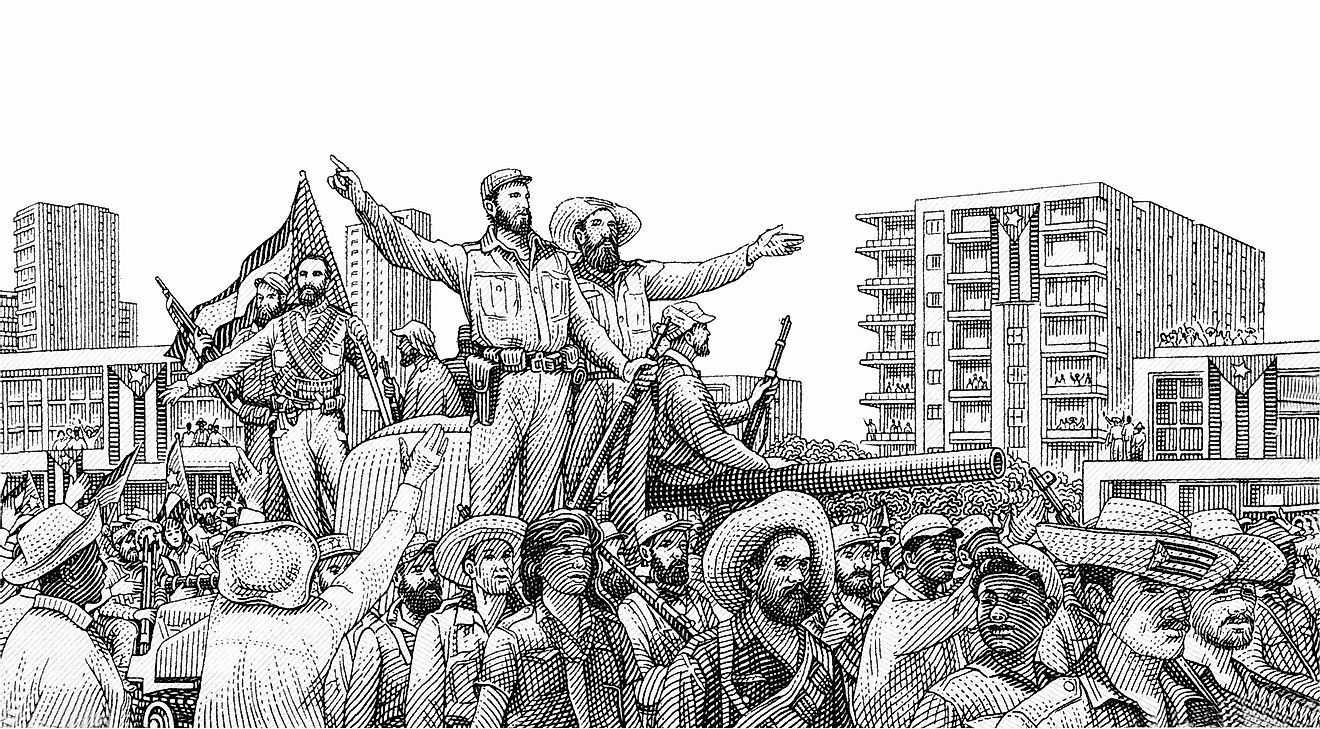What Is Impeachment?

Impeachment is the process through which a legislative body lays charges against a government official. The government official, often of high rank, is given a formal statement that he or she has breached the constitution. Impeachment itself does not necessarily result in the vacation of office but is the initial step towards removal. Once a vote of impeachment is passed, the individual will be procedurally tried through a legislated process.
Impeachment involves overturning ordinary constitutional means of leaving a high office. For one to be impeached, he or she should have committed an offense such as a serious violation of law, high-level crime, errors of omission or commission, or abuse of office. For an impeachment motion to pass, a super-majority vote is required. Though the impeachment law originated from English law, it is currently embedded in the constitutional law of many countries. The impeachment mechanism can also be used in private organizations.
Word Origin and Meaning
The term impeachment originates from the French word "empeechier," which is derived from the Latin word "impedicare," and refers to being caught. In modern English, the term can be linked with the word "impede," which means to slow something down or prevent an activity from making progress at its previous rate. The first use of impeachment is traced to the British parliament during the second half of the fourteenth century.
Impeachment in the US
In the United States, the power to impeach is vested in the House of Representatives. The Senate is authorized to try all impeachment cases involving officials of the US federal government. For an impeachment motion to succeed it must be supported by two-thirds of present members. At the federal level, an impeachment motion can be leveled against the president, vice-president, and all civil officers.
Impeachment Process in the US
The first step in the impeachment process is passing the articles of impeachment by the House of Representatives. The allegations must be expressly stated, and a simple majority vote is enough to pass the motion. The second step involves the Senate trying the accused. If impeaching the president, the proceedings are chaired by the Chief Justice. At this level, two-thirds of the members present must support the conviction. The Senate may further vote to punish the officer appropriately, such as barring the individual from holding a public office. Criminal proceedings can be further instituted.
Examples of Impeachment Proceedings in the US
There have been 64 impeachments in the United States since 1789. Notable impeachments include two presidents. The first was President Andrew Johnson, who was impeached on February 24, 1868, for violating the Tenure of Office Act. President Bill Clinton was impeached in 1998 for committing pergury to federal grand jury related to charges of abuse of power and sexual harassment. In both instances, the presidents were not removed from office after the Senate vote failed to raise two-thirds support.
Impeachment proceedings have led to the removal of three state governors: Jack. C. Walton, Governor of Oklahoma, in 1923; Evan Mecham, Governor Arizona, in 1988; and Rod Blagojevich, Governor of Illinois, in 2009. The most recent impeachment was that of Judge Thomas Porteous of the District Court of Louisiana, who was removed from office and disqualified in 2010.
Examples of Impeachment Around the World
Brazil's 32nd president, Fernando Collor de Mello, was forced to resign due to impeachment proceedings in 1992, relating to strong evidence of bribery and misappropriation. In 2016, Brazil's 36th president, Dilma Rousseff, was impeached and removed due to budget mismanagement.
Impeachment proceedings have occurred against two presidents of South Korea. Roh Moo-hyun was impeached in 2004, while Park Guen-hye was impeached in 2016. Other countries that have experienced impeachments include the Philippines, Russia, Lithuania, Iran, Czech Republic, Pakistan, Republic of Ireland, Ukraine, and the United Kingdom, the first of which occurred in 1376.











